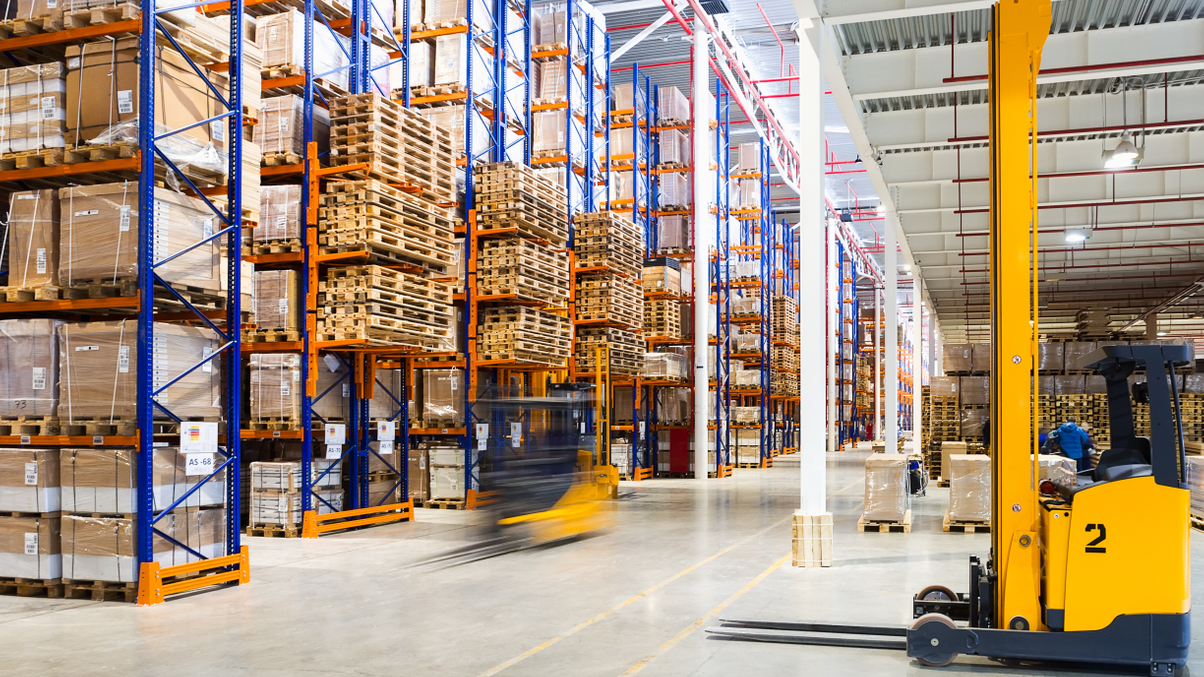Allianz eyes net zero for Asian logistics assets
Dry warehouses could generate all the energy they need from solar panels on roofs.

Allianz Real Estate has said part of its logistics portfolio could become net zero – generating as much energy as it uses – through the use of solar panels, as new research shows a sizeable rental premium available to investors in Asia from green buildings.
Sign in to read on!
Registered users get 2 free articles in 30 days.
Subscribers have full unlimited access to AsianInvestor
Not signed up? New users get 2 free articles per month, plus a 7-day unlimited free trial.
¬ Haymarket Media Limited. All rights reserved.


